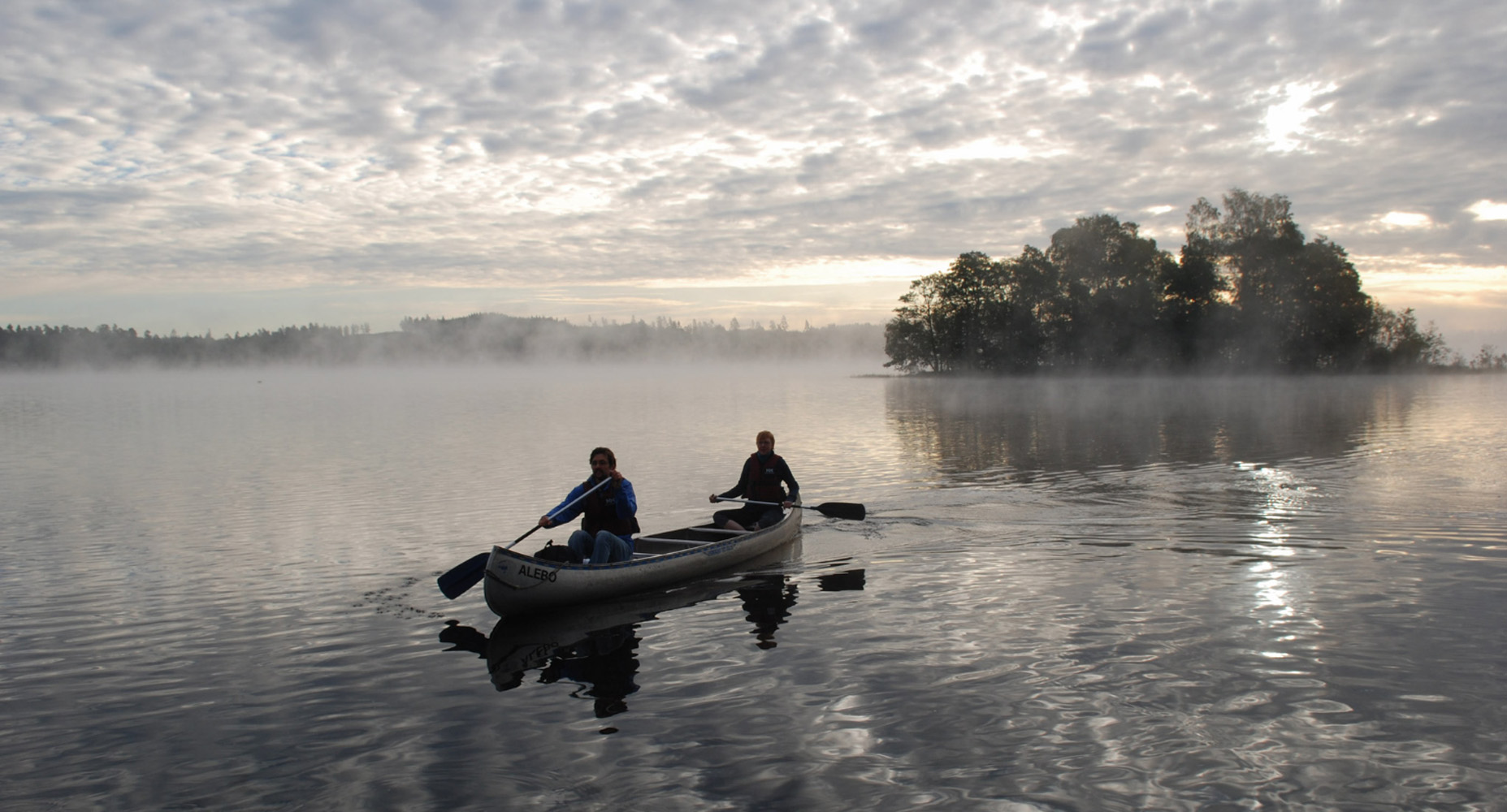

District heating company Lolland Varme, which supplies heat for about 5500 customers on West and Midlolland, currently has their district heating production based primarily on biomass.
This project was about the district heating supply for Nakskov, which mainly comes from two heat centrals based on wood chips and straw, respectively. The wood chip boilers are getting close to the end of their technical lifespan, and Lolland Varme was therefore analysing which heat production technologies should replace the boilers.
In recent years, large amounts of biomass capacity have been established in the Danish district heating supply, but in the future, the extension of capacity is expected to be dominated by heat pump solutions to a much higher degree. This is related to the political wish for increased electrification of the energy system, in order to make use of the rising amounts of solar and wind energy, as well as a change in regulation, which basically exempts electricity for heat pumps from taxes. Thereby, district heating can add flexibility to the energy system and contribute to integrating solar panels and wind power.
Lolland Varme wished to get ahead on the flexible energy system of the future, and therefore wanted to investigate the options for electrification of the heat production in Nakskov.
Together with PlanEnergi, Ea Energy Analyses carried out an analysis of alternative options for the supply of district heating for Nakskov, which was to lead to an investment decision on new production. In the analysis, a screening was done of relevant technologies that allow for contributing to the electrification of the heat production, and at the same time ensure low heat prices in the future. Afterwards, a feasibility study was carried out for the technologies pointed to by the screening.
The project was carried out for Lolland Varme and Gate 21 as a part of the project DG STORE, and it ran from January to September 2021.

Find information about one of our projects in Türkiye here.